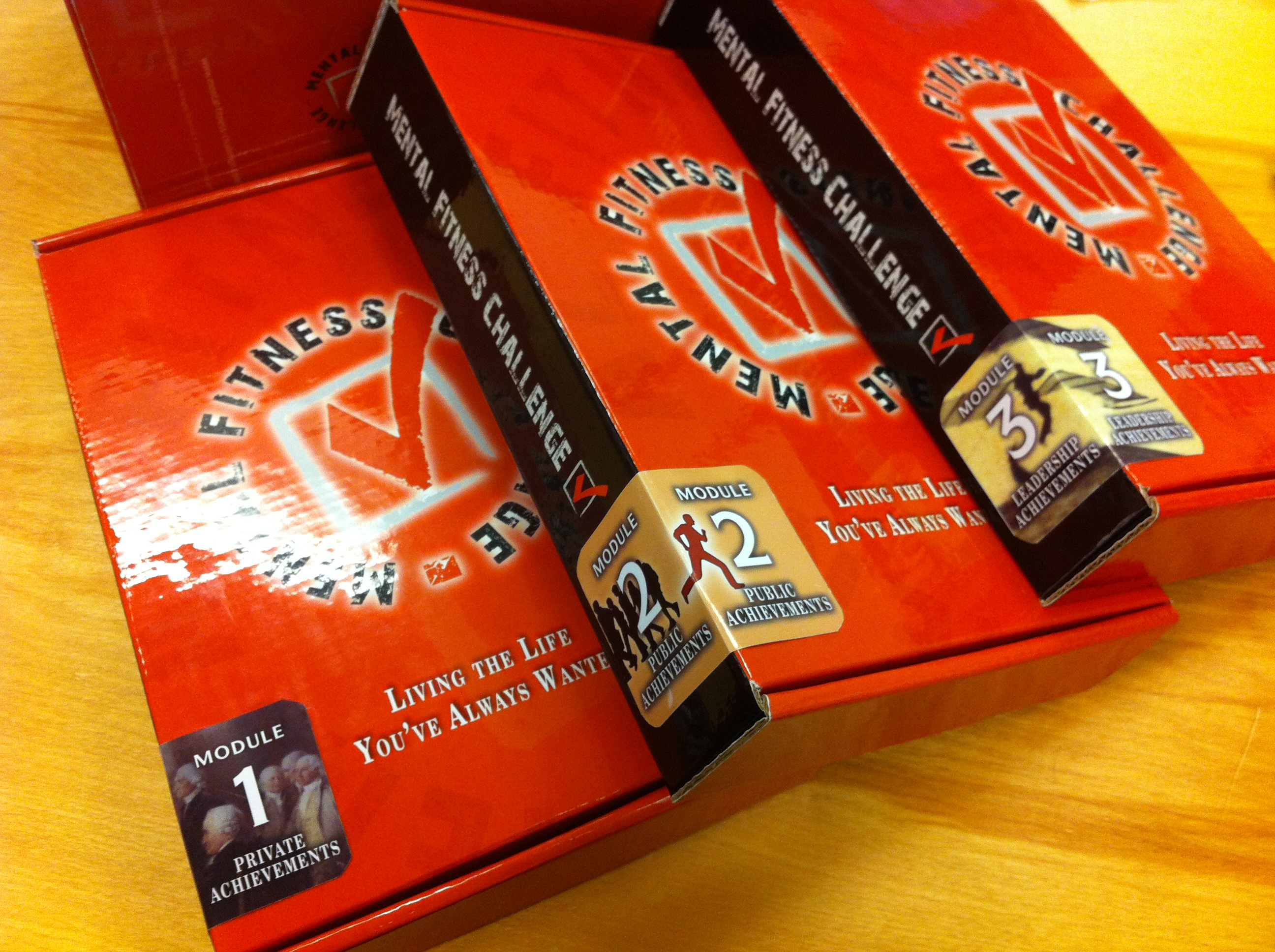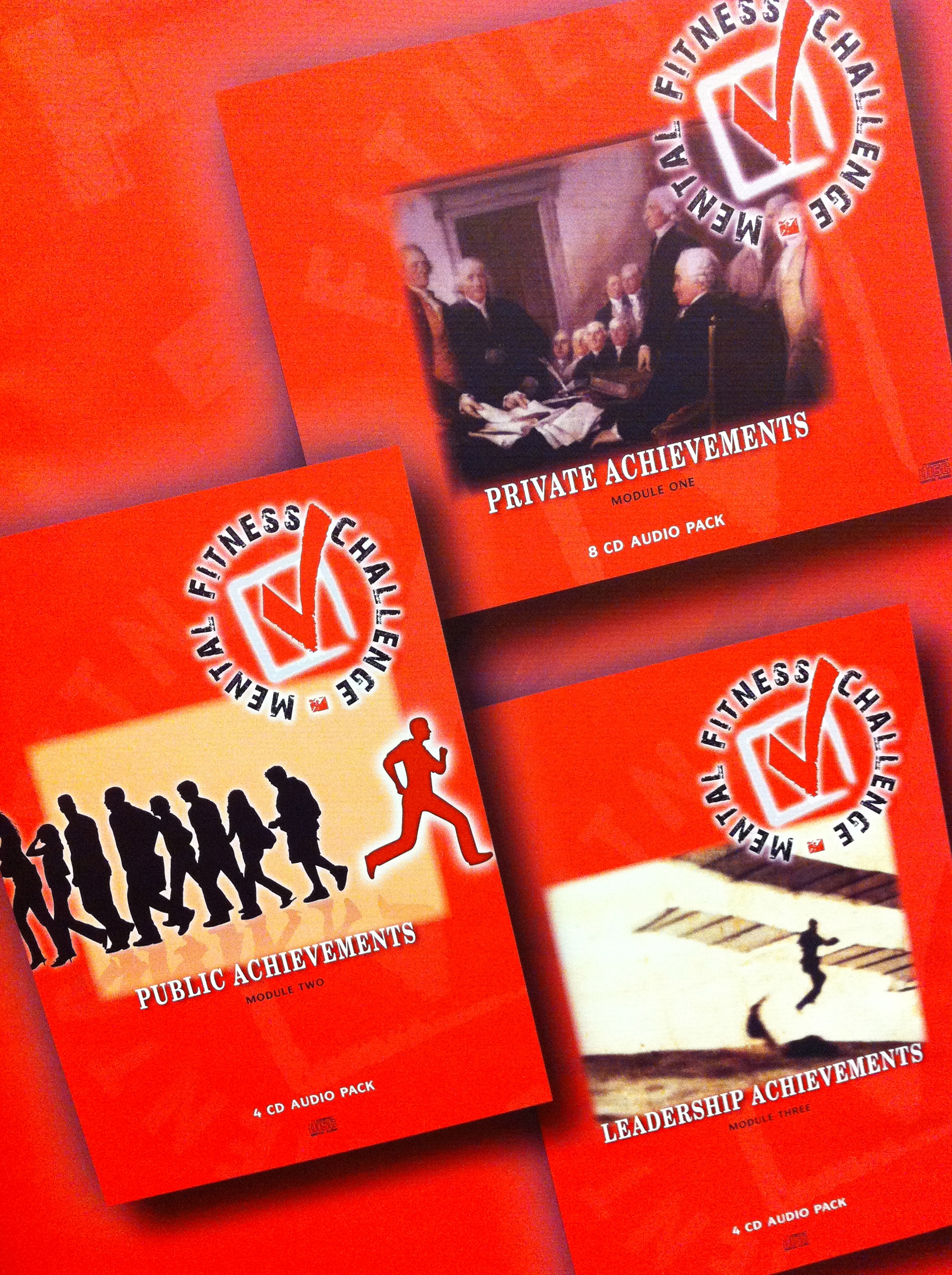As a kid growing up in the LakeVille school district, wrestling was big. There were great coaches, many strong farm boys, and a rabid fan base. I started organized wrestling (my two brothers and I were always wrestling at home) as a 7th grader and loved it; however, in the 8th grade LakeVille lost its millage and sports were canceled for the year.
Regretfully, I stopped wrestling when sports returned my freshman year of high school, playing basketball instead. Looking back, this was a huge mistake, since basketball, although a great game, wasn’t tapping into my potential like wrestling did. Fortunately, my junior year I returned to wrestling, albeit woefully behind my former teammates. I tell you all of this to make a few points about wrestling and to draw an analogy of my wrestling experience with the new Mental Fitness Challenge program.
First, to be a good wrestler it requires two key attributes:
1. Physical and Mental Strength
2. Technical wrestling skills for leverage
I don’t care how technically skilled a wrestler is; if he doesn’t have physical and mental strength, he won’t be a good wrestler. On the other hand, he can have all the strength needed to be a great wrestler, but if he doesn’t have the technicals skills to leverage his strength against his opponents, he will still never be a champion.
In many tournaments, I witnessed muscle-bound kids tossed around the mat by physically less impressive opponents who knew how to leverage the strength they had. Consequently, I realized quickly that, although I was strong enough, I needed a crash course on the technical skills for leverage in order to win. I could toss many of the kids around, but they would eventually wear me down using leverage to use my strength against me. In my senior year, I wrestled varsity at 126 pounds. It’s practically unheard of for someone to wrestle varsity at LakeVille as a senior (kind of like drinking water from a fire hose) :), but it was what is was.
Thankfully, I had an assistant coach who spent extra time with me, drilling me through routine after routine, making the moves part of my sub-conscious mind rather than having to consciously think about every action. At first, I was an average wrestler at best. Eventually, however, with my coach’s help, I developed the technical skills to leverage my strength against my opponents to compete. Accordingly, I spent the second half of the year wrestling many of the opponents who had beaten me in the first half and evening the scoreboard. 🙂
In the same way, the Mental Fitness Challenge develop mental strength which is a non-negotiable for success. Indeed, to be a champion in any field requires mental toughness to withstand the pressure and setbacks. However, with that said, mental toughness alone isn’t itself sufficient to create champions. Likewise, in each field, technical skills and leverage points must be learned to effectively capitalize on a person’s improved mental toughness. In relation to the compensated community field, the MFC builds a person’s mental toughness and the Team teaches the technical skills to leverage his results to build a large community.
For the many customers of LIFE, the MFC is sufficient because it teaches the mental toughness to achieve greatness when combined with the technical skills and leverage points in the customer’s profession. In contrast, for those involved in the LIFE Business compensation plan communities the Mental Fitness Challenge is essential but not sufficient. To build large communities one must develop the technical understanding around Power-Player and its inherent leveraging capabilities.
Essentially, someone in LIFE and MFC without studying the Team training materials is like a strong wrestler being tossed around the mat. He is strong, but doesn’t understand how to leverage his strength in his chosen sport or profession. I study the principles for mental strength and community building skills, because I remember being one of those wrestlers getting beaten on the mat and I refuse to simulate it again in my current field! 🙂
Every profession separates the professionals from the amateurs in the same way: 1) Mental strength and 2) leveraging specific skills repeatedly. The community building field is no different. Power-Player is our play and it scores every time we run it properly. Effective execution of Power-Player requires the same hunger, discipline, and practice to become a champion as it does for a winner in any field – mental strength and leverage skills.
I am thankful for my brothers, who helped me develop my physical strength by wrestling at home; however, placing second in the District meet as a first-year varsity wrestler (an unheard of feat) was the work of an encouraging assistant who invested his time to teach me the leverage skills for wrestling. Similarly, if you are in LIFE, are you willing to invest the time to develop your leverage skills or do you think mental strength is sufficient? Champions in LIFE will master the mental toughness provided through the MFC and the technical skills for leverage provided by Team and win on a huge scale.
Like I have said many times: A person either hates losing enough to change or he hates changing enough to lose. I hate losing; therefore, I change. LIFE is creating a group of interdependent mentally tough leaders, who have mastered the skills of community building through the play that scores every time and its called: Power Player.
Sincerely,










